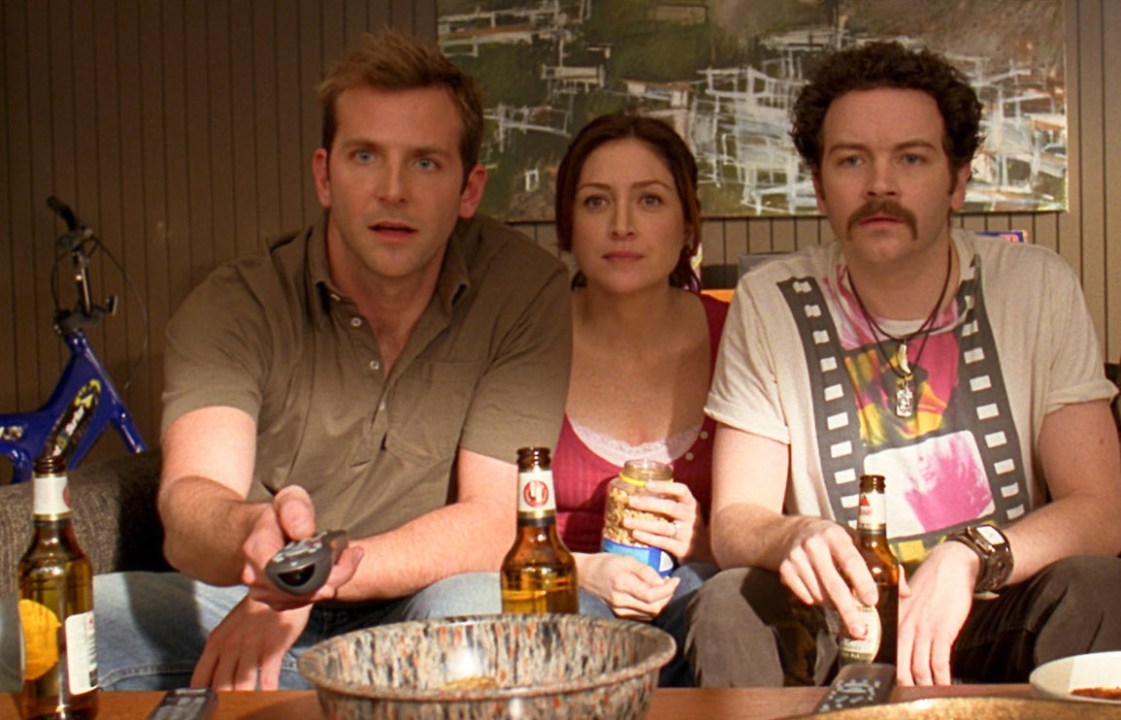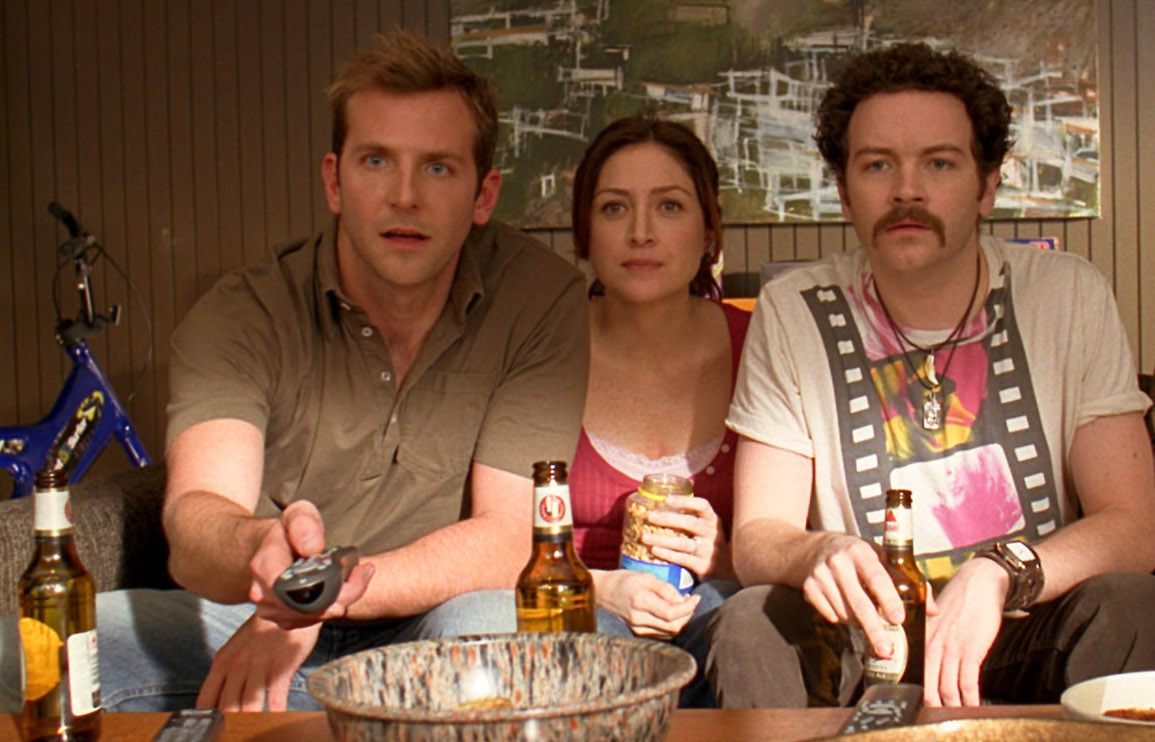On the face of it, Wikipedia’s list of the key events of 1 February, 2013 seems impressively comprehensive, ranging from Hillary Clinton’s resignation as Secretary of State to a hurling player denying he’d won €10.6 million in the Irish lottery. What’s missing, though, is something that’s surely had a bigger impact on our daily — and nightly — lives than any of Wikipedia’s choices. On that day Netflix released its first original series, House of Cards, the same way it had released its earlier bought-in repeats: by making all the episodes available at once.
Now that we know how successful both the show and the format proved, it’s easy to forget how risky this was, especially for a $100 million production. According to Netflix’s CEO Ted Sarandos, ‘the one thing that everybody agreed on in this town was that it was insane’. But when House of Cards was followed, just as triumphantly, by Orange is the New Black a few months later, a new age of TV binge-watching was firmly in place. Before long, how quickly and sleeplessly you’d raced through the latest Netflix hit became the subject of serious competitive boasting.
So strongly is the tide turning that Netflix is now beginning to sound a bit defensive about sticking to its guns.
More recently, however, the old-fashioned weekly episode has been making an unexpected comeback in the streaming world, with Netflix’s newer rivals — among them Amazon TV+, Prime Video and now Disney Plus — all following the old showbiz injunction to ‘make ’em wait’.
One cynical reason for this is to prevent viewers taking out a single month’s subscription to watch a whole series or two. Yet, there also seems to be a growing belief among programme-makers and viewers alike that there’s something to be said for the slow TV burn.
Orange is the New Black’s creator Jenji Kohan, for example, once admitted, ‘I miss having people on the same page’. In 2020, to the indignation of many fans, series two of Prime Video’s The Boys went weekly, with its showrunner Eric Kripke explaining that he wanted to ‘slow down a little bit and have conversations about everything’.
At which point, inevitably, enter Twitter. When a new Netflix series appears, there’s generally a huge spike in tweets for a day or two, before people move on to the next thing. With weekly episodes, the buzz lasts far longer and can recapture the famed water-cooler conversations of old (at a time when water coolers are becoming deeply nostalgic). And in the absence of spoiler-anxiety, viewers can speculate to their heart’s content about what’ll happen next, just like in the glory days of Lost.
But there may also be other forces at work, to do with the whole notion of ‘binge-watching’, and perhaps with the phrase itself. Back in 2013 Netflix execs tried hard to get the healthier-sounding ‘marathon-watching’ adopted instead — but, unlike the activity, that never caught on. Since then, objections to binge-watching have included the predictable (it increases obesity and reduces attention span); the almost metaphysical (it distorts time, says one cultural commentator); and the pretty hard-to-deny idea that we remember a show much less well if we don’t let each episode sink in.
So strongly is the tide turning that Netflix is now beginning to sound a bit defensive about sticking to its guns. And yet, my guess is that the death of binge-watching will be one those things —like ‘normal-sized’ women replacing thin models in fashion magazines — that’s always about to happen but never quite does. OK, so we sort of know that slow TV, like slow food, is virtuous. The trouble is that we’re not. After all, it’s Friday night, the pizza has just arrived and the wine is slipping down nicely….







Comments